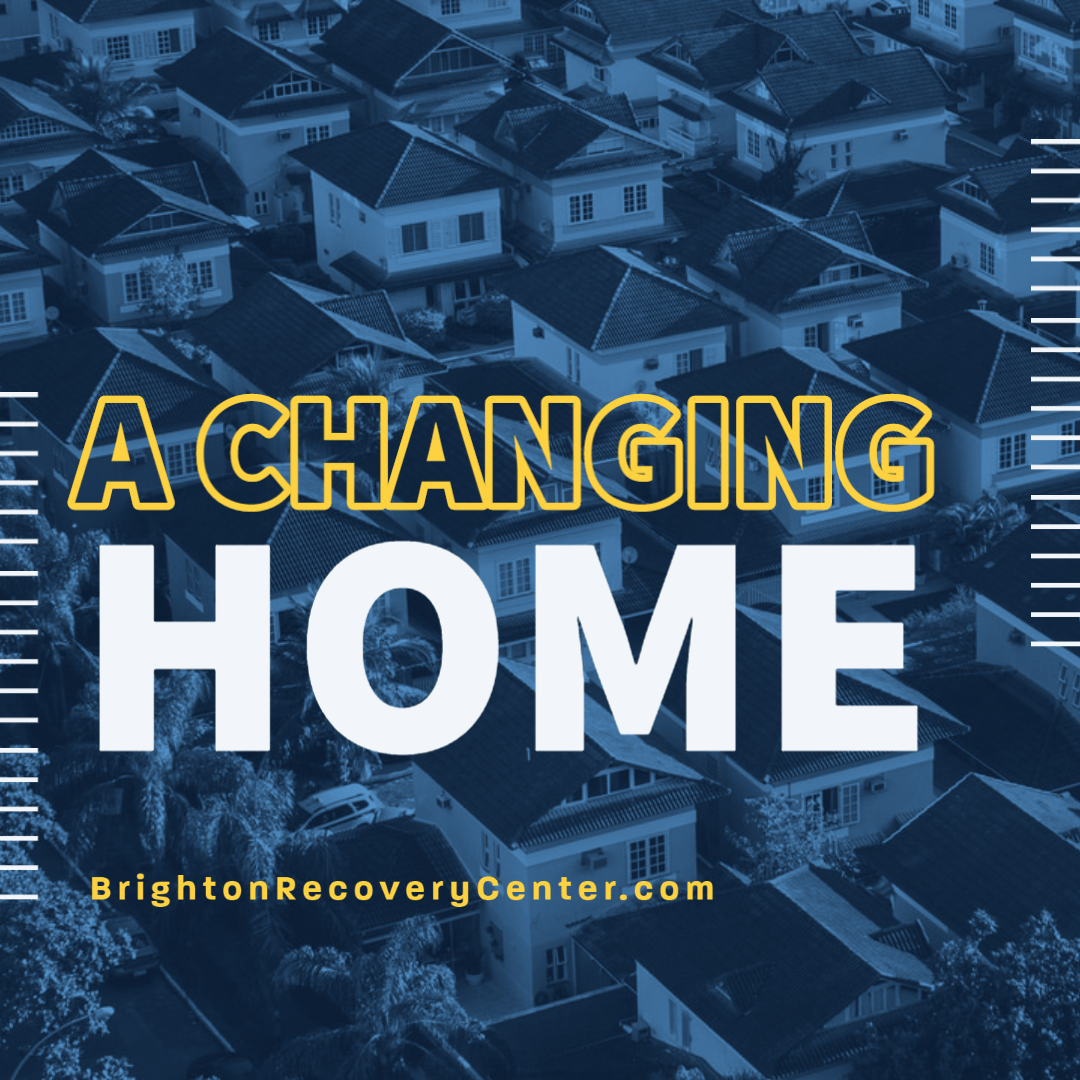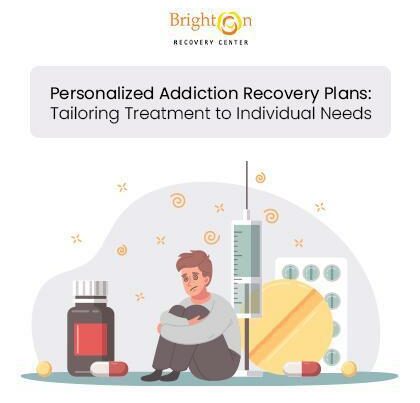A Changing Home

Despite how it may feel, suffering from addiction is not something that affects only one person. Living alongside an addicted person creates a challenging, oppressive atmosphere around the home. It can become exceedingly difficult to operate or reestablish some kind of “normal” around the house.
However, the exact house that a recovering addict is in comes with its own set of difficulties. These challenges must be identified when changing the home into a place where one can safely recover free of triggers while maximizing the things that can bring comfort and a sense of safety.
Home as a First Line of Defense
The home in which someone lives provides the most immediate objects and symbols that one can grasp onto as they begin to redefine their reality. It is important to surround yourself with things that have often brought comfort and joy. A healthy home can be a familiar place where one can experience their own emotions and weaknesses in a safe place, free of judgment, and negative consequences.
It can be where addiction is first confronted by loved ones, and a safe space to work through recovery. Latching onto these comforts can create a solid base for healing that is equally unshakable. However, the home can also become a place of entrapment if not addressed as an active part of shaping the addiction recovery process.
Unintentional Triggers
Be aware of the signals that the house itself is sending. While helping the individual through acknowledging their addiction and continuing recovery, the house and all people therein also experience their own levels of sacrifice alongside the addicted individual. While not drinking in a house with an alcoholic is important, remember that it’s not only the act of drinking that can send a mixed message to the addict.
In short, locking up a liquor cabinet is not going to be enough so long as the cabinet is stocked. This creates a chance that the person will go looking for the key or another way to gain access. It remains a visual reminder and temptation each time that room is entered. Even with all the alcohol in the house removed, the neon Bud Light sign hanging in the garage can still create unease.
Not Just When, but Where
Addictions commonly develop due to a connotation that the addict has with a particular place or event. While habits can begin as something like “only drinking when I go out with friends,” addictions can surface as they start to cross those boundaries and into daily life. These connotations can develop within the house itself as well. As an alcoholic trips and breaks something, that broken objects acts as a constant reminder.
More importantly, entire rooms in the house can develop connotations with specific actions. If a person is accustomed to drinking while playing games online with friends, their gaming room can then establish its own connection with alcohol. This connotation slowly pushes out the video games and create a room that, in and of itself, invited the practice of drinking. There is a delicate balance between creating a place that invites comfort and familiarity while also breaking down connotations with alcohol. Simple acts of redecorating or rearranging a room can begin the cleansing of the house of the specter of drinking.
Prioritizing the Balance
This balance is tricky. The more comfortable and well-known the area, the easier it can be to find hiding spaces for alcohol and hide their usage. Breaking down these rooms while searching for hidden bottles can be a major invasion, but also a necessary one. There is nothing comfortable about the addiction recovery process. It is going to be exceedingly difficult for all people involved, addicted or not. Seeking comfort cannot come before active treatment. While there should always be a comfortable place, ensure this space can be easily monitored while providing the desired level of familiarity.
The house will always be the first line of defense in dealing with an addiction. It acts as its own tool in recovery. One that can and should be molded and individualized just as any other part of the treatment would. Shape the home to fit the particular needs of the patient, while still adhering to an intentional design for recovery. Just as the environment plays a large part in people developing addictions, it also plays a significant role in recovering from them.
For those looking to take the first step in their journey to recovery, or to glean more information about the programs offered at each step in the recovery process, contact Brighton Recovery Centers. Emphasizing in keeping a supportive community while also specializing in the LGBTQ+ community, Brighton creates an environment where all can recover free from judgment and stigma. Brighton creates a personalized plan of action and adjusts it throughout recovery to individualize a person’s path to recovery with their own goals in mind. All the while, this program creates a space for healing while providing as much sense of security as possible. Call of the professionals at Brighton Recovery Center today at 1-844-479-7035.



